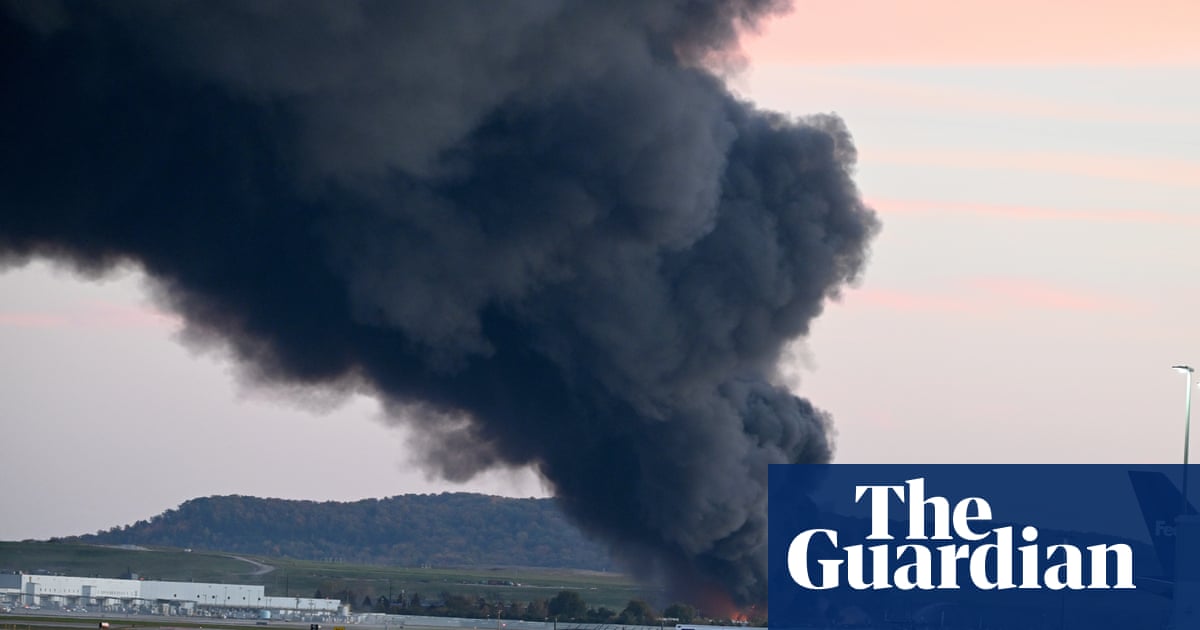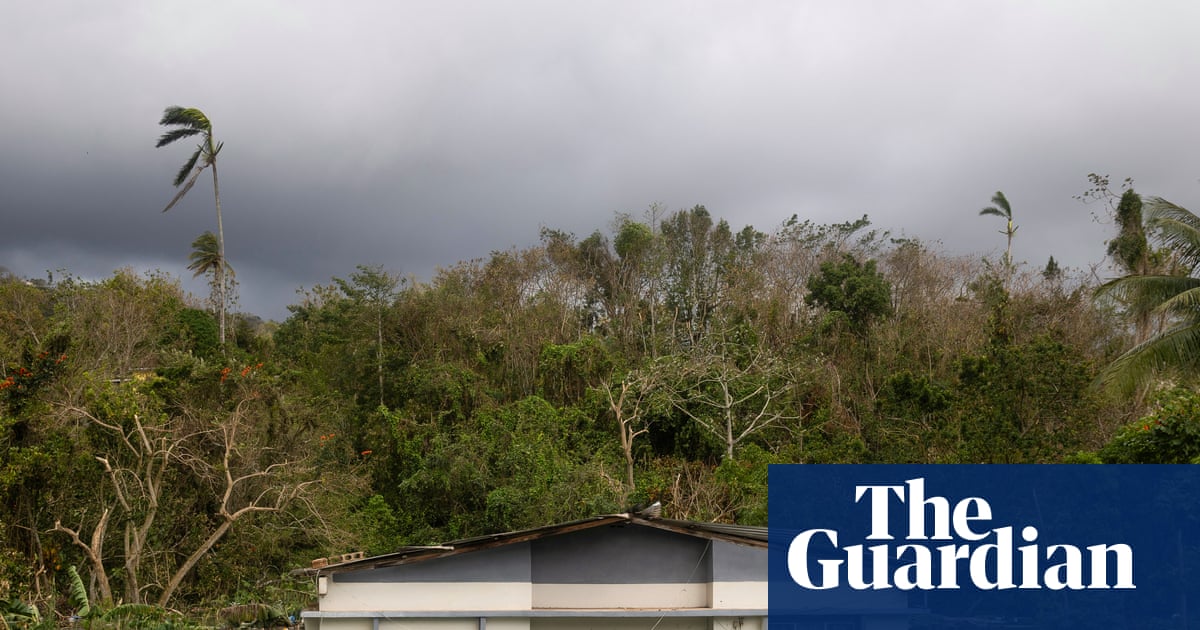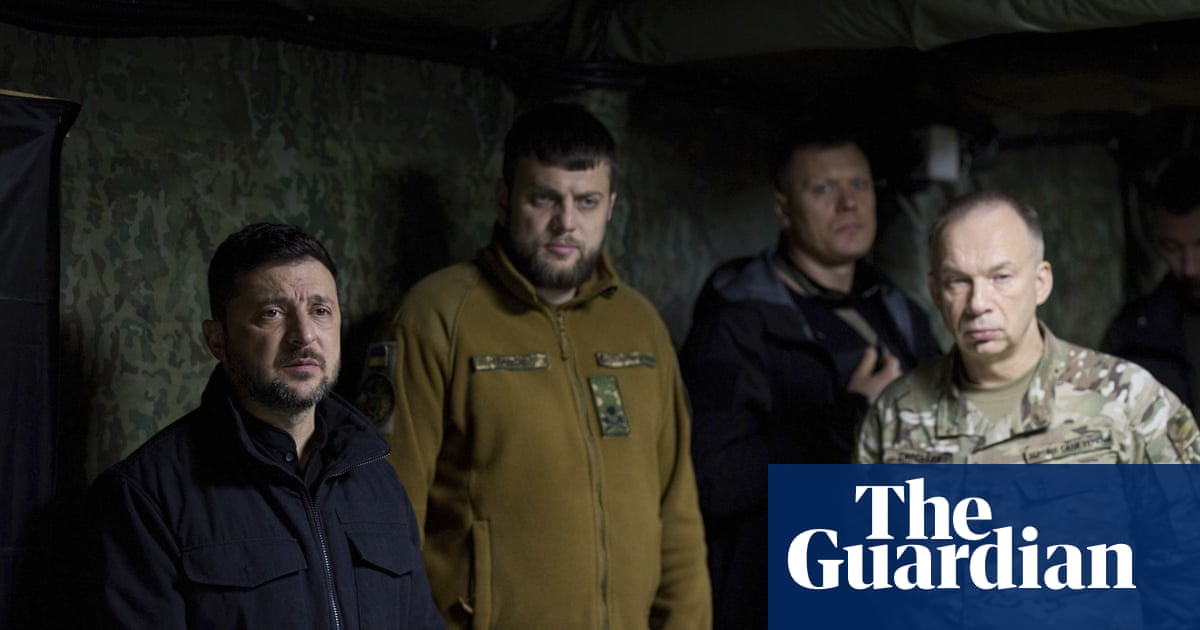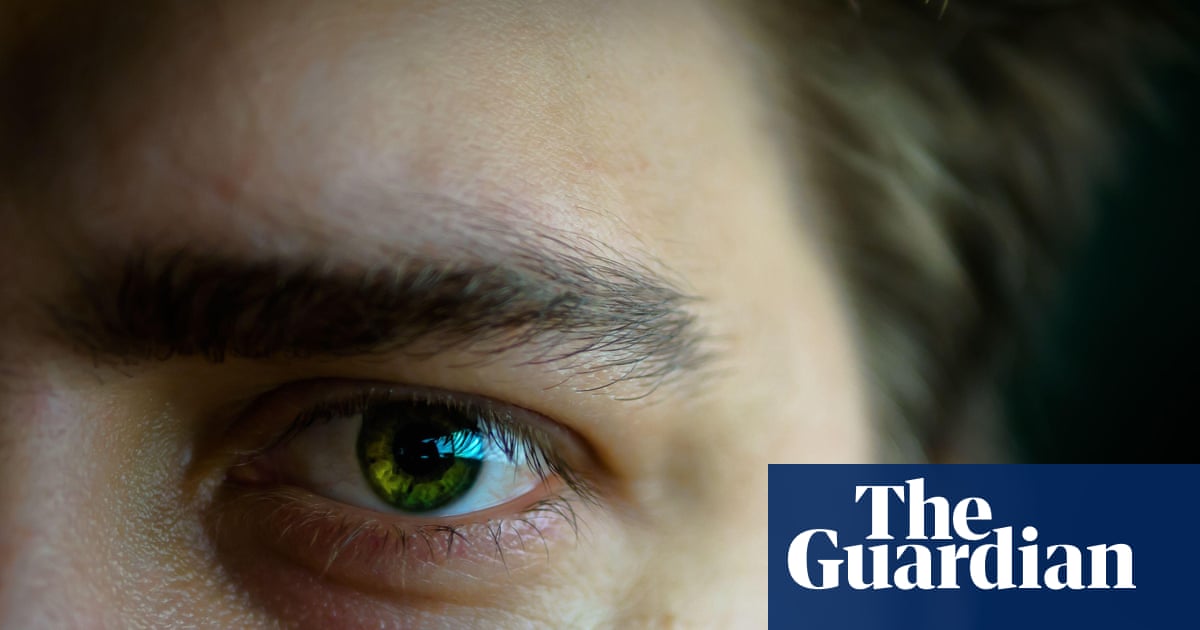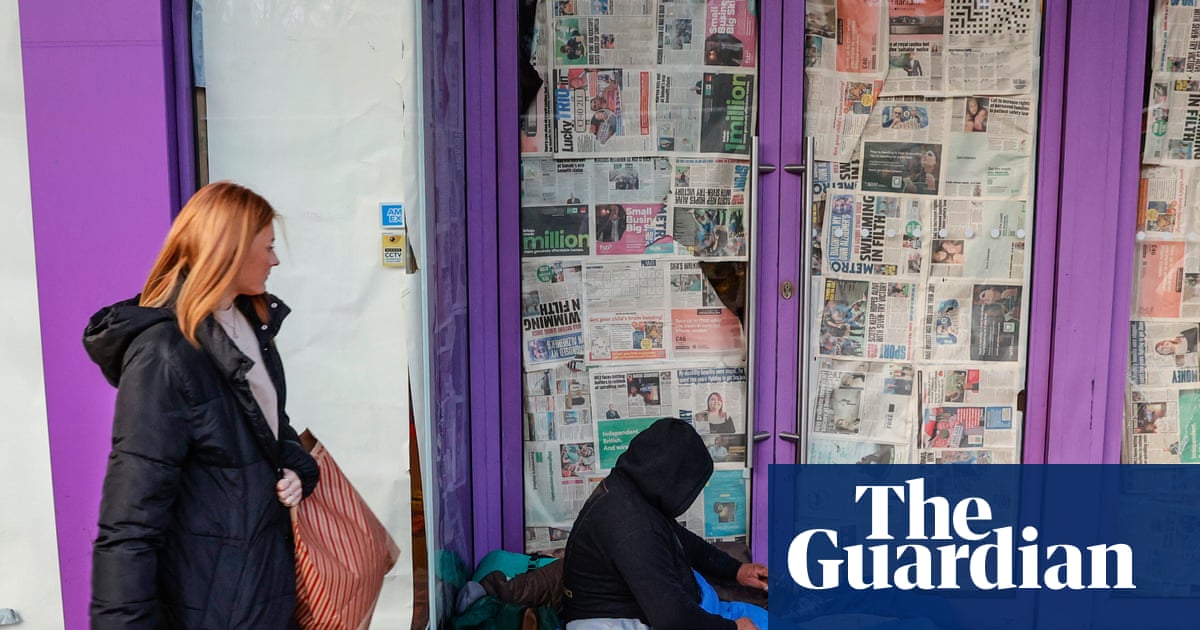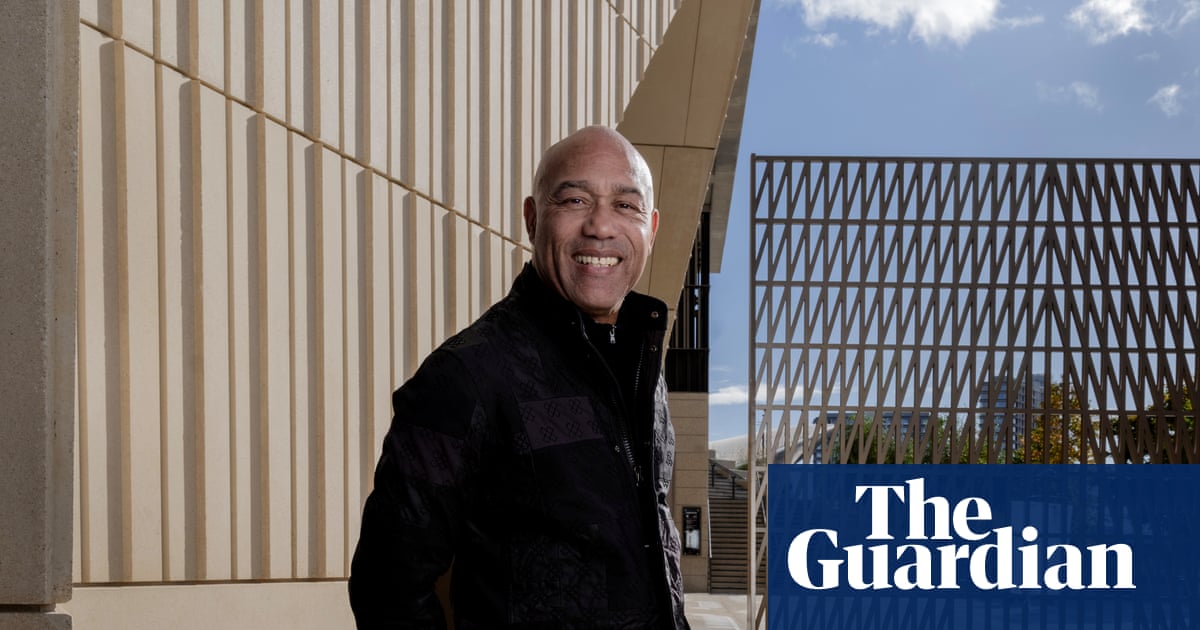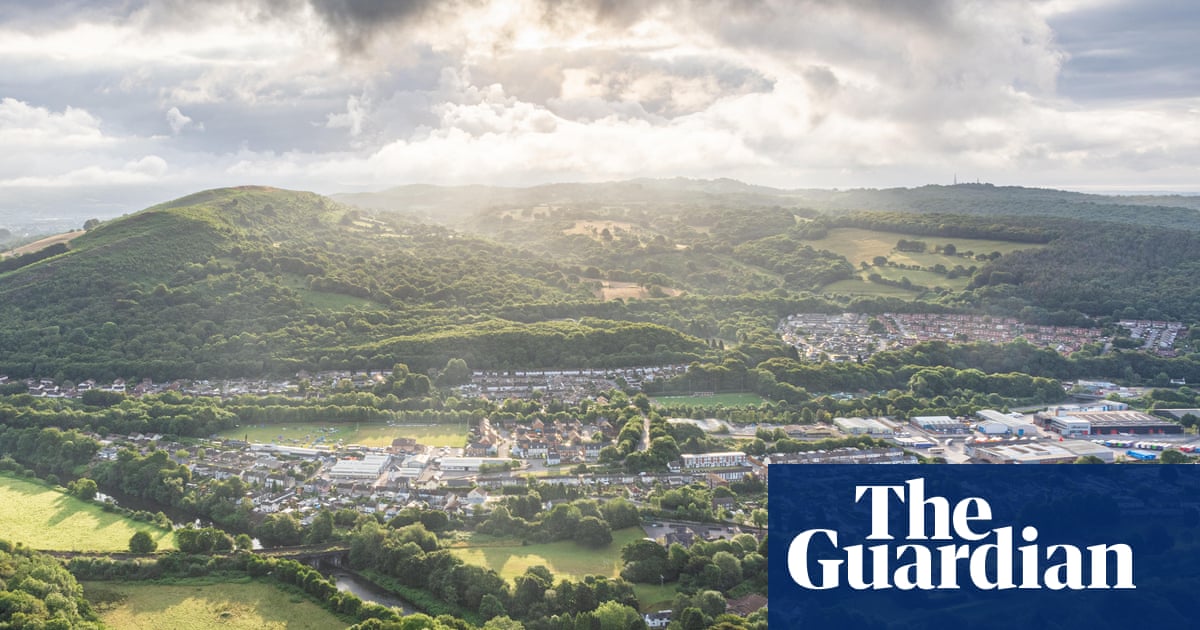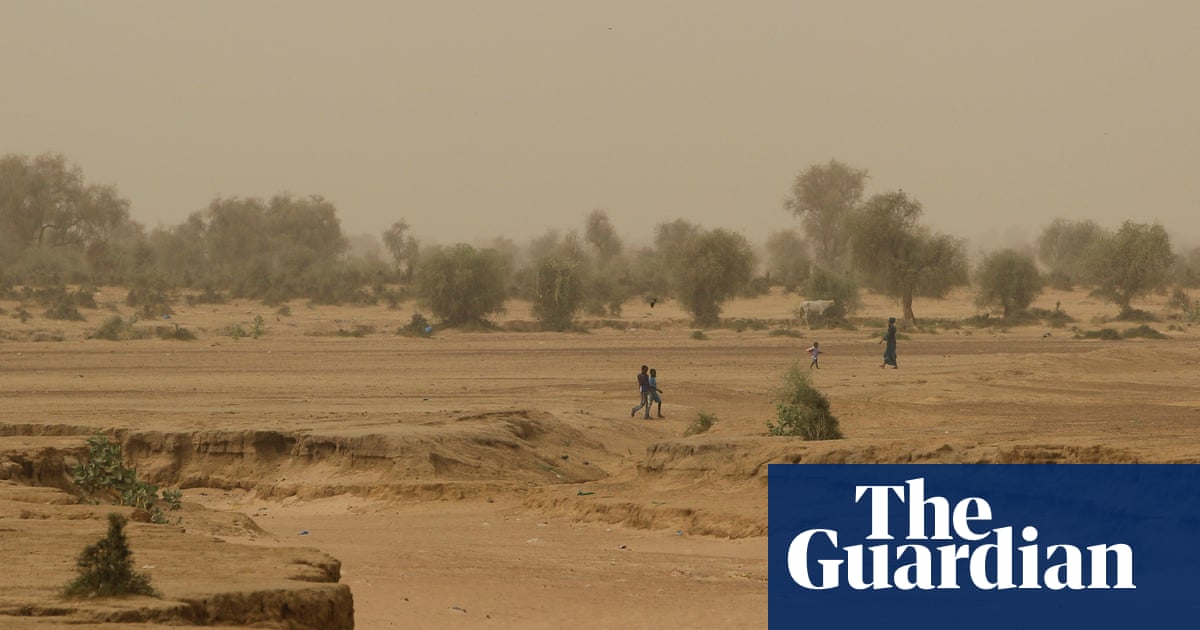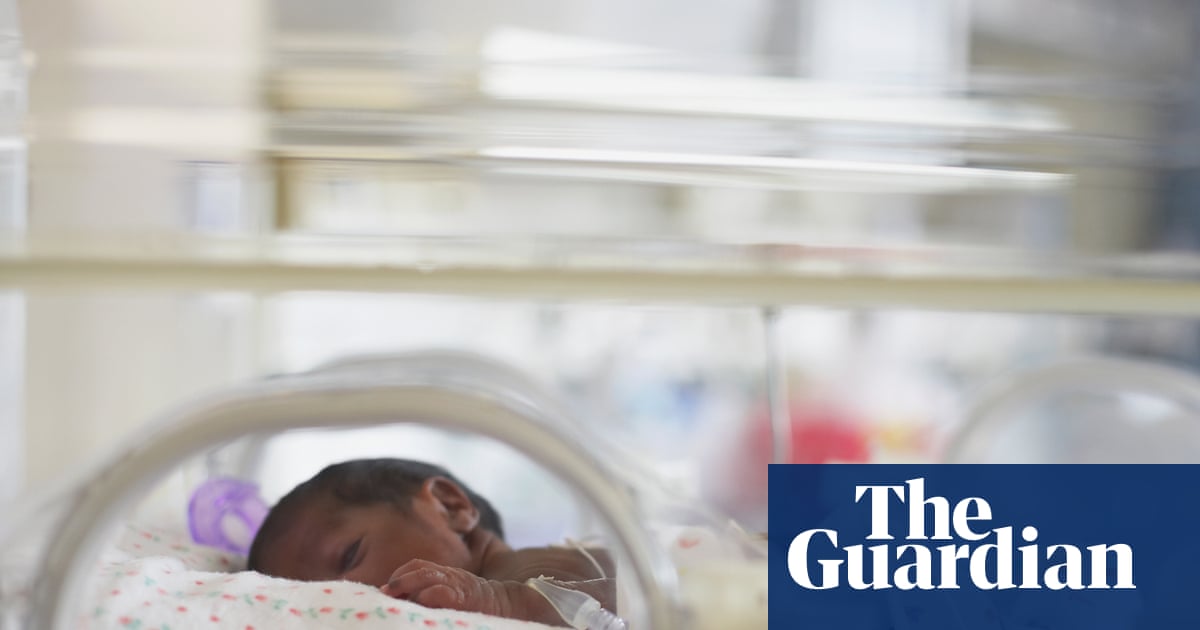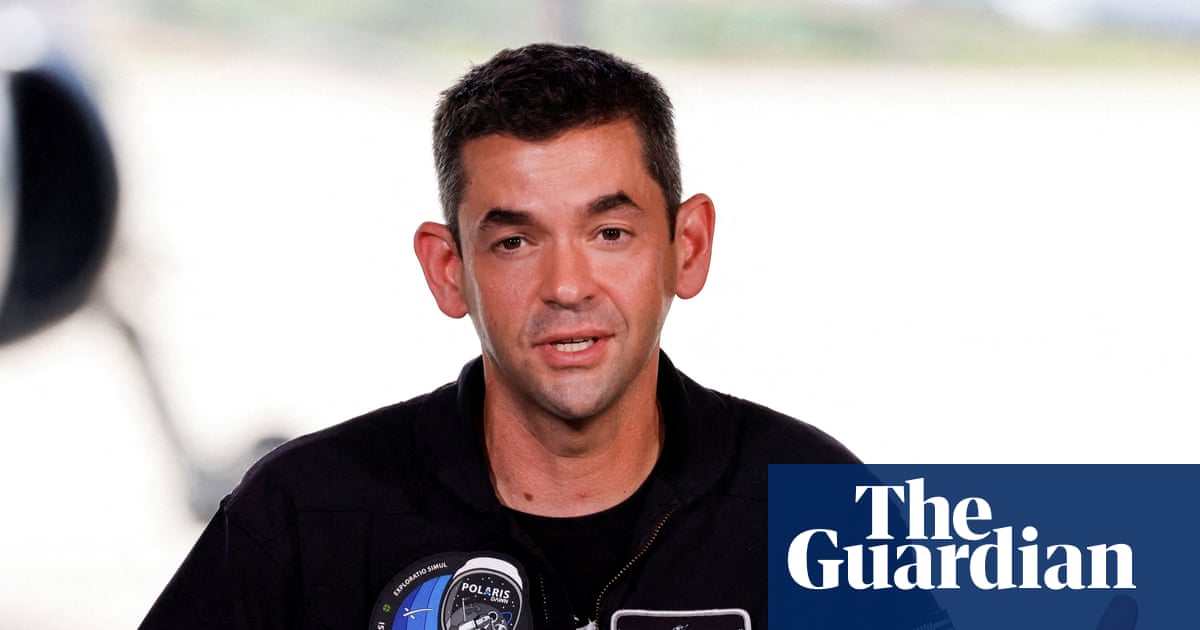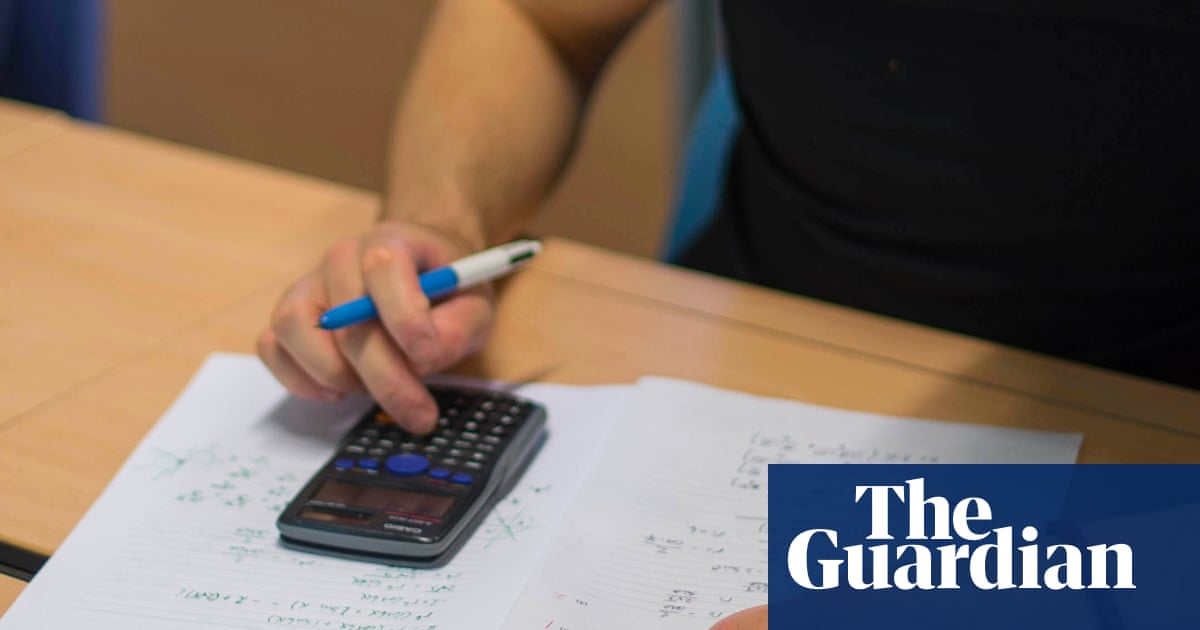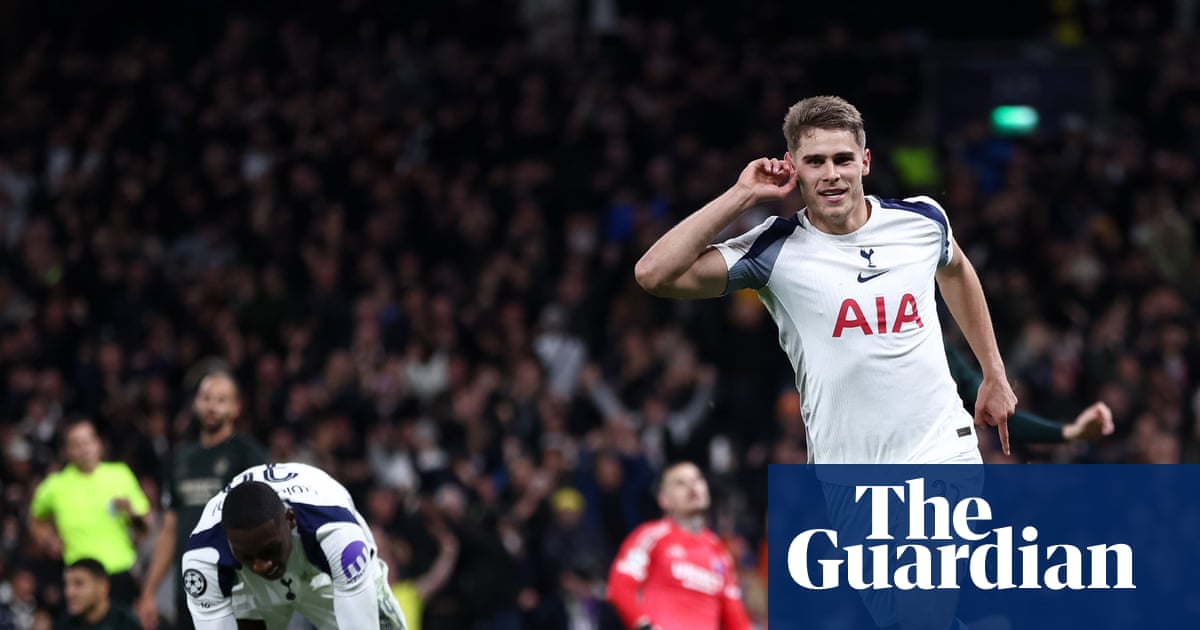The ninth of September is my sister Enas’s birthday, so we were happy this morning, drinking coffee as a family and telling jokes, until we saw the leaflets dropping down telling us to evacuate. So now, instead of preparing biscuits and cakes to celebrate, we are packing for another displacement.
The Israeli army’s plan to occupy Gaza City sent me back to memories of the early days of the war: the tension, the terror and the psychological pressure. I am afraid the cycle of displacement will repeat itself again.
We have stayed in 10 places since we left our home in Beit Lahia, northern Gaza, at the start of the war. A single phrase keeps echoing in my thoughts: “I don’t want to.”
I don’t want to live through that again. I don’t want to return to the south, even though it is part of Gaza, we felt like strangers there, our hearts aching for the scent of our own soil.
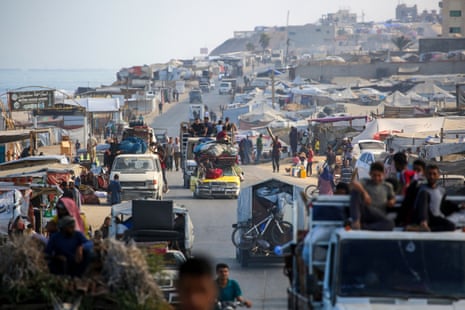
My mind shifts to memories of the suffering we endured in the south, living in tents, the heat of summer, the cold of winter, the struggle to secure food and water, the difficulty of accessing electricity and the internet.
The first Friday of the war we fled without knowing our destination, consumed by fear, taking only small bags packed quickly with light clothes and some basic essentials. It was an extreme time, when we lived minute to minute in total confusion.
This time we knew we must prepare for all possibilities. So two weeks ago my father decided to go south to look for a shelter for us, in case we would be displaced again. He set off on his old bicycle, carrying just a bag with some food and water.
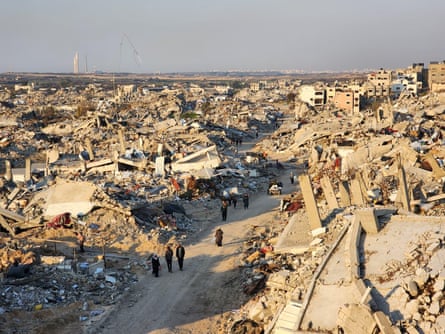
The first thing he noticed was the lack of transport. There are very few cars still operating due to a lack of fuel – 1 litre now costs 500 shekels ($148), a hundred times the normal price – and road conditions after bombing. Most streets are now just a mix of sand, ruble and stones. There are even fewer animal-drawn carts on the roads, because most horses and donkeys have died from starvation or exhaustion.
Everyone spent their savings on food when famine pushed prices unimaginably high. So most people cannot afford to take anything with them, but if they are displaced without their few essential belongings such as bedding and cooking pots they won’t have money to replace them either.
When my father reached Deir al Balah he couldn’t find anywhere for our family. Al Mawasi is a strip of land just a kilometre wide and it is already packed with displaced people from Rafah and Khan Younis. As he searched, he kept wondering where all the people now in northern Gaza were meant to go?
He ended the search with a visit to an old friend from our hometown of Beit Lahia, who is still in our old displacement area in eastern Mawasi. Abu Ahmed, 46, had decided to stay in the south when we returned home during the ceasefire.
But within half an hour, four heavy airstrikes hit a couple of hundred metres away, in the eastern outskirts of the “humanitarian area”. These attacks filled him with fear. How can the Israeli army tell us to evacuate Gaza City for our safety while it bombs the very places it wants us to go?!
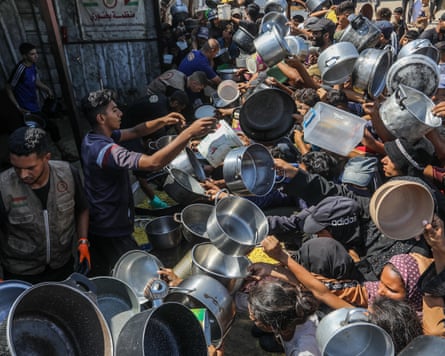
Abu Ahmed told my dad about at least 10 people he knew who were killed by Israeli attacks in just a couple of days. His neighbour died trying to find a phone signal, on top of the same hill we used to climb when we needed to get online.
A dawn airstrike killed twin brothers who were classmates of his 10 year-old son, along with their parents the previous day. Five workers at a nearby farm, one of a handful still operating in Gaza, were also targeted.
My father left the area quickly, fearing for his life, and returned north. After two full days of an impossible search for a safe place that doesn’t exist, he returned exhausted, his clothes dirty, his face burned brown by the sun.
I can never forget the joy on the day in January we returned to the north during the brief ceasefire, a feeling still engraved in my heart. I remember the refreshing exhaustion, the comfort that filled me when I took my first step back on northern soil.
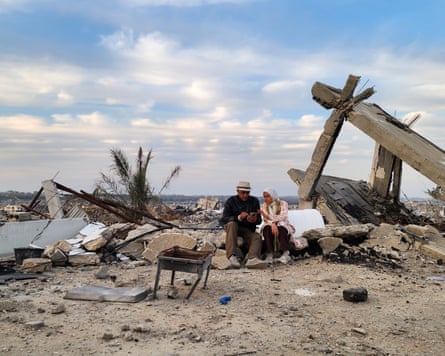


At that time we as civilians tried to bring life back to our demolished town, Beit Lahia. We created new memories, with serious attempts to repair the destruction caused by the Israeli invasion. It felt like being born again.
But then war resumed, and with it displacement, hunger, fear and suffering. A tank shell killed my dearest uncle Bahjat, 57, when he and my father were collecting some of our possessions from an old shelter, our family’s worst loss so far.
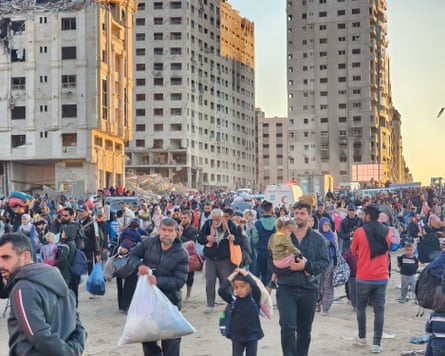
My father survived the attack miraculously unharmed, but we could not stay in Beit Lahia for long. Pressured by the approaching bombs and shelling, we had to move to Gaza City.
We rented an apartment so our living conditions were better than hundreds of thousands of people with regards to water, electricity and the internet, but we shared their hunger as food vanished from the markets.
That hardship eased for us after the crossings were reopened and some aid and commercial goods were allowed back in, but the prices were not affordable for everyone. The most vulnerable didn’t taste these privileges.
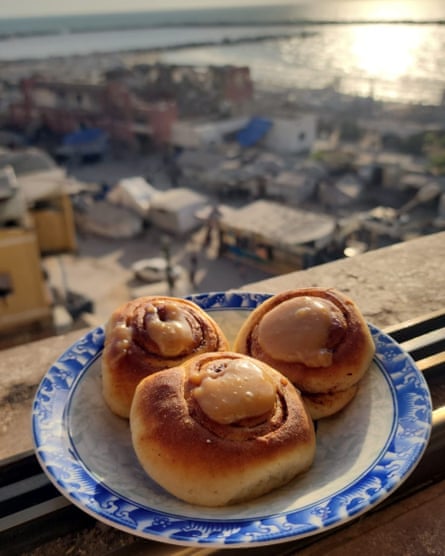
Then came the escalation of attacks on eastern neighbourhoods of Gaza City and news of the Israeli plan to fully occupy it and displace all residents to the south. People were drowning in questions that have no answers.
Even if they want to leave, people are too poor and weak. Thousands of families are surviving on just one meal a day, usually lentils. If they cannot even afford food, how can they possibly afford the cost of displacement, which requires at least 2,000 shekels just for transport?
Our return to the north felt like an impossible dream come true. We were still displaced but could find the warmth of home in the streets and alleys of Gaza City. We were among relatives and friends, surrounded by clothing shops, cafes, and the few remaining beautiful places. None of this exists in the south, where all you see are tents, with no space to escape the harsh and painful reality.

If we are displaced again, we know they might never let us return. We feel it strongly! They will turn what remained of Gaza City into ashes, as they did with my city, Beit Lahia, and the surrounding northern towns of Jabalia and Beit Hanoun.
They will erase it from existence, destroying every trace of life, human, animal, and tree. They will turn it all into grey rubble. When these thoughts cross our minds, we are overcome with grief and anger, frustrated with a world that could stop this but chooses instead to watch from afar.
We dreamed of being asked to return to our towns and neighbourhoods instead of going south. We hoped for a ceasefire to this nightmare once and for all. We prayed for a miracle to foil the Israeli plan. Yet once again, we are packing to leave.

 1 month ago
51
1 month ago
51
